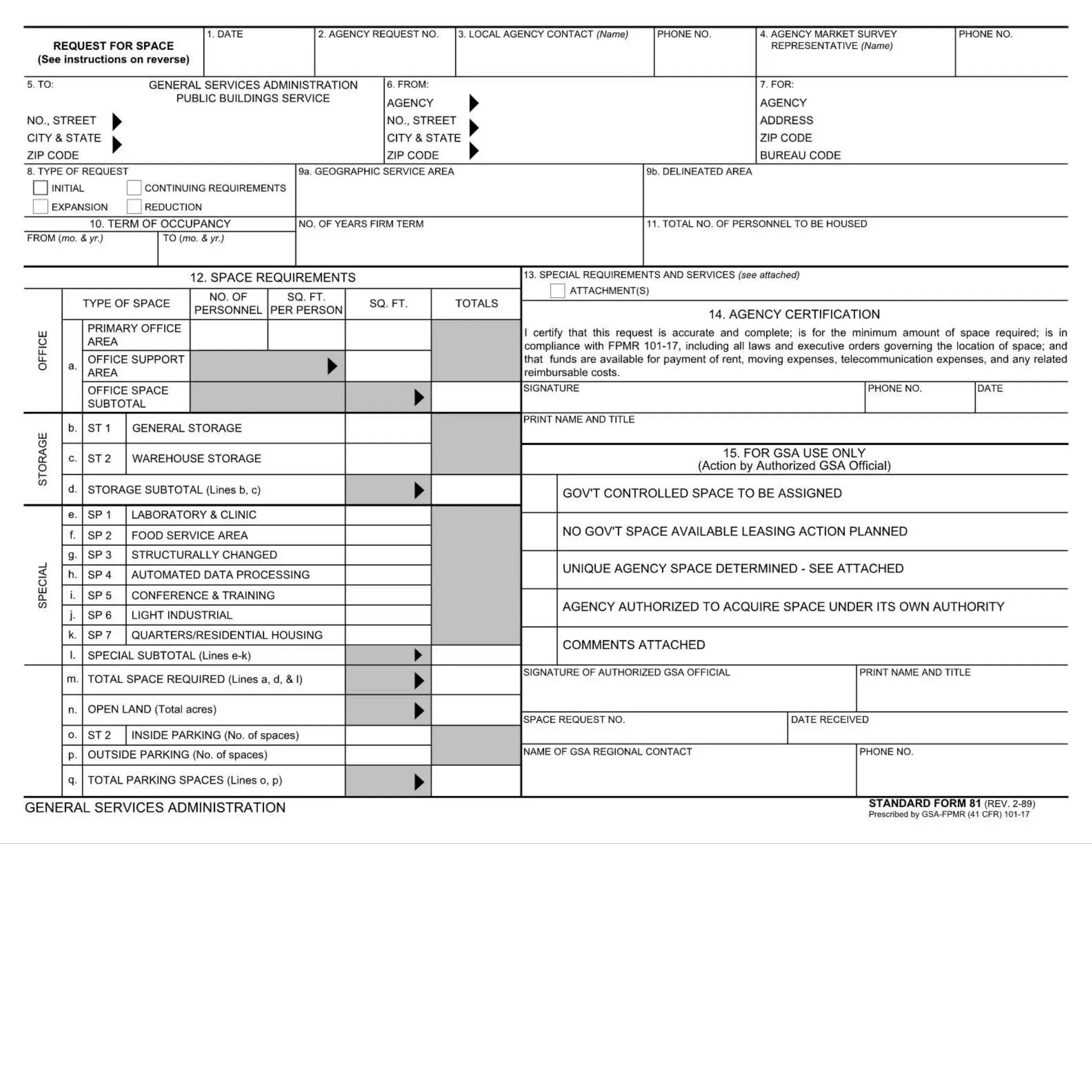Understanding the Role and Importance of Forms

Introduction
Forms are an integral part of daily life, used across various sectors including business, education, healthcare, and government. They serve as structured tools for collecting information, streamlining processes, and ensuring compliance. The efficacy of forms in these contexts highlights their importance in maintaining order, efficiency, and clarity.
Types of Forms
Forms can be categorised into several types, including:
- Paper Forms: Traditional printed forms used for applications, registrations, and surveys.
- Digital Forms: Online forms that facilitate data collection through websites and applications.
- Dynamic Forms: Forms that adapt based on user input, making them more intuitive and user-friendly.
Recent Trends in the Use of Forms
With the rise of digitisation, the usage of digital forms has significantly increased. According to a recent report by McKinsey & Company, businesses that transitioned to digital forms reported a 30% enhancement in operational efficiency. Furthermore, sectors like education have adopted online forms for student registration, feedback, and assessments, allowing for greater flexibility and improving response rates.
The Role of Forms in Compliance
Compliance is a critical aspect for many organisations, particularly in finance and healthcare. Forms provide a structured method for ensuring that all necessary data is collected, helping organisations meet legal and regulatory standards. For instance, medical forms ensure that patient information is accurately documented, which is vital for patient care and legal compliance.
Challenges with Forms
Despite their benefits, forms can also present challenges. Poor design can lead to user error, incomplete submissions and data inconsistency. A study by Nielsen Norman Group found that nearly 70% of users abandon forms due to complexity and length. This underscores the importance of creating user-friendly forms that prioritise clarity and accessibility.
Conclusion
Forms are more than just documents; they play a crucial role in everyday processes across various sectors. As the world continues to digitise, the relevance of forms will only increase, demanding improvements in design and usability. For individuals and organisations alike, understanding the importance of effective forms is essential in achieving operational success and enhancing user experience. By prioritising simplicity and functionality in both paper and digital forms, we can harness their full potential.
